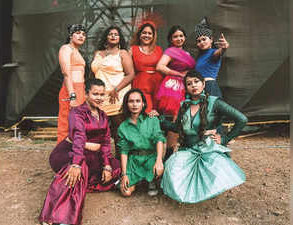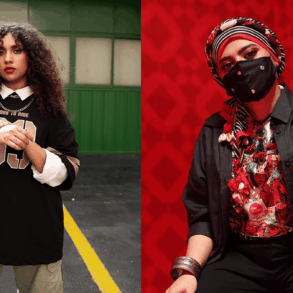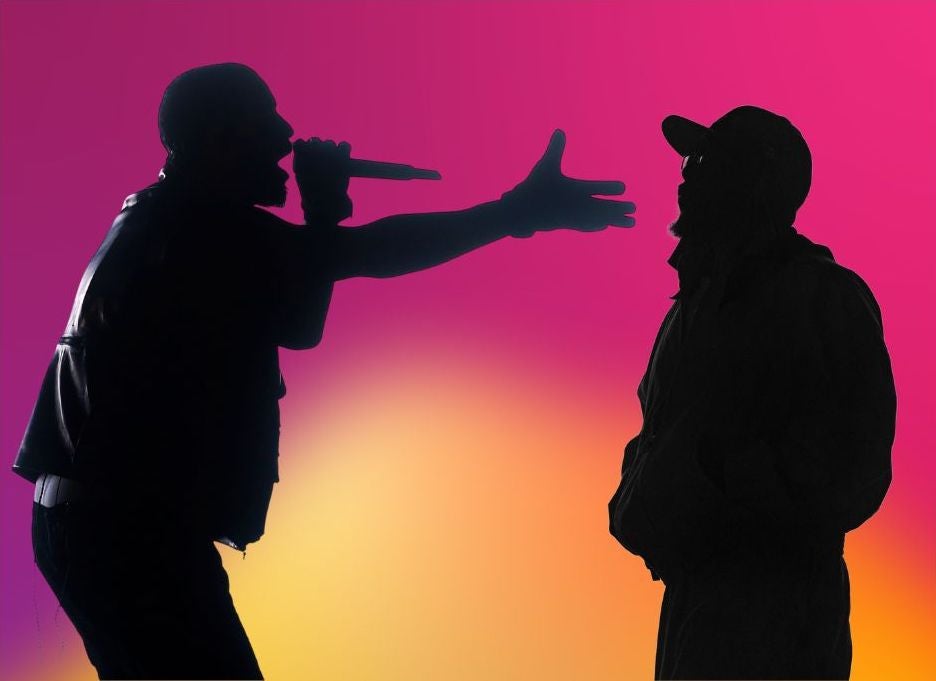
After bubbling under the surface for nearly a decade, the clash between Kendrick Lamar and Drake has erupted into the most impactful Hip-Hop duel in recent years.
Initiating with a direct callout from Lamar during a feature on Metro Boomin & Future’s track “Like That” on March 22, this battle is a unique product of the modern streaming era, seeing scathing diss tracks arrive in greater volume and quicker succession than any in history. Friday, May 3 alone saw Kendrick’s third response track, “Meet the Grahams” arrive a mere 25 minutes after Drake’s second, “Family Matters.” The ensuing weekend gave way to additional tracks from each artist, bringing the total to an unheard-of nine tracks of back-and-forth wordplay in roughly 6 weeks.
This is a far cry from the Hip-Hop conflicts of the 90s and early aughts, fought over months and years through mixtape responses, single b-sides, and comments made in magazine articles and radio interviews.
“Before, you’d have to wait on a Kay Slay mix tape, or you’d have to wait on somebody to come up to the radio station [with the recording], and that didn’t necessarily happen in real time,” says veteran rap artist and Sirius XM Hip-Hop host Torae Carr. “The fact that these guys can go in the studio, upload it to their social media, and have people reacting even before it hits the DSPs is just a testament to where we are with technology.”
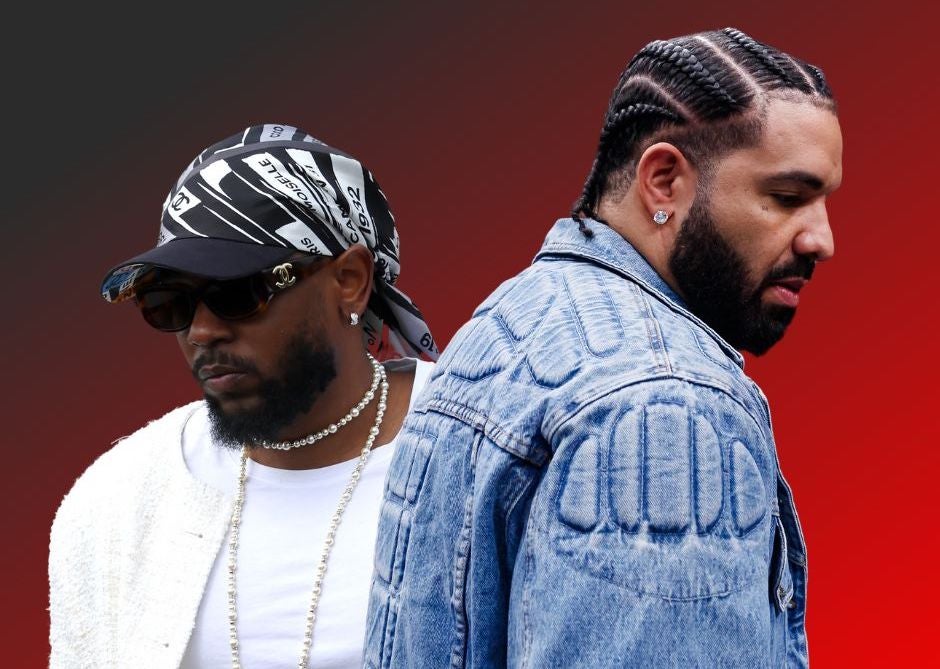



“Streaming and the real-time social media feedback have added new layers to some of the tactical considerations in these beefs,” says Apple Music’s Nadeska Alexis.
This is made evident through the cover art chosen for these diss tracks – Kendrick’s assortment of Drake’s alleged personal belongings, a Google Maps image of his palatial Toronto estate riddled with Sex Offender Registry pins; Drake’s use of an Instagram comment from Kendrick Lamar’s friend and creative partner Dave Free on a photo of Kendrick’s partner and children. Pair these with near-instant IG story responses, the cacophony of fan reaction TikToks, diss track dance battles, and podcast debates, and there’s much more than words on a track setting the cadence and temperature of each emcee’s responses.
As the beef heats up and the attacks get more personal and revealing, the listening public swells with acclaim that THIS is what’s been missing from Hip-Hop. The sparring, the targeted multi-entendre lyricism, the energy and excitement of wondering what each MC will say next, and what personal and professional revelations fans will be left with when the dust settles.
“These days it’s rare to see two rappers battle it out in music,” Alexis says of the palpable excitement surrounding this latest rap beef. “We’re used to seeing tensions play out in tweets, on Instagram Live, in DMs…literally everywhere but the music.”
“Then this year we got lucky enough to see two of the greatest rappers of our time — literally two generational talents, battle it out in a beef that has been simmering for over a decade now. Getting to see lyricism and showmanship on display truly feels like a once-in-a-generation event.”
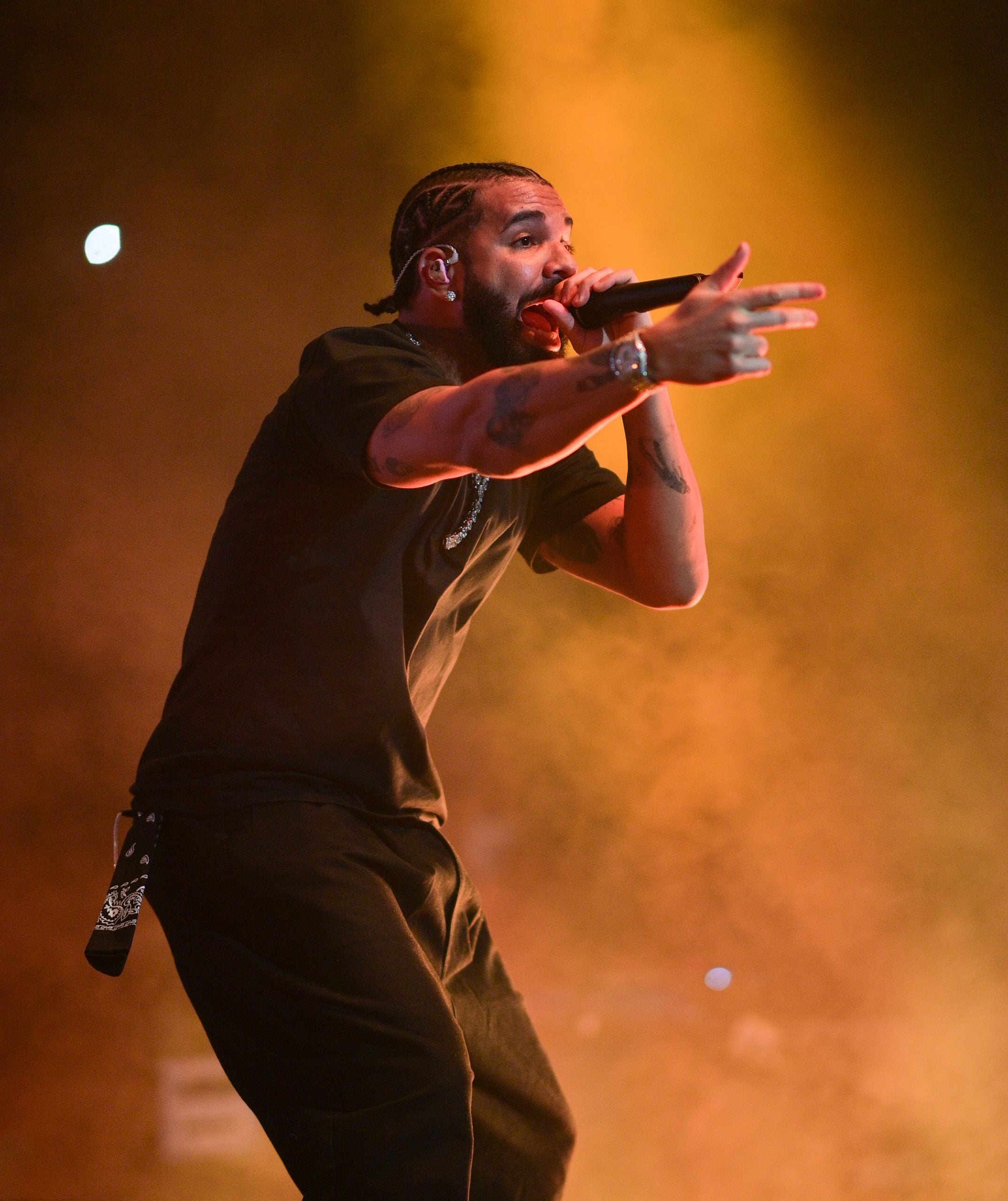



But as men go head-to-head for rap respect in musically historic moments like these, the women in their periphery often take on the most harmful slings and arrows, used as pawns to injure their opponents where it hurts most. Rarely a tactic used in women’s Hip-Hop feuds, it seems no matter the origin of the beef at hand, the women associated with the object of each opponent’s ire are weaponized, be it via their sexuality, integrity, identity, or some conflation of them all.
Tupac taunted The Notorious B.I.G. by alleging an affair with his wife Faith Evans in the famed first line of 1996’s “Hit ‘Em Up.” Nas’ ex-girlfriend Carmen Bryan was dragged into the fray with Jay-Z when the Brooklyn-born rapper insinuated that both he and then 76ers guard Allen Iverson had “more in Carmen” with one another – so to speak – on 2002’s “Super-Ugly.” The mother of Drake’s child, Sophie Brussaux, had her past in adult entertainment exposed when Pusha T revealed the existence of her and Drake’s son on 2018’s “The Story of Adidon.” But why are women on the sideline so often the main target when the true issue lies elsewhere?
“That’s where your weak spot is, especially if you are married, in a committed relationship, or a public relationship. That’s a place where a rapper could pierce your armor if all else fails,” says Carr. He explains this is why the most common go-to is “Okay, ‘well your girl likes me’ or ‘I was with your girl,’ or ‘I had your girl first,’ or ‘your girl is a jump off’ or whatever. I think that that’s where people feel like they could do the most damage.”
“Misogyny is still alive and well in Hip-Hop,” says Alexis. “We’ve made some progress in the last 50 years, but trying to break this down would take more words than we have time for here.”
Now, Kendrick Lamar’s longtime partner, Whitney Alford, despite having no known industry dealings and a largely private persona, has been publicly accused of infidelity and paternity fraud by the most popular rapper in the world. She has also had her racial identity scrutinized, and has been pegged as a victim of alleged domestic violence without her consent nor personal input via lyrics on Drake’s “Family Matters” and again on “The Heart Part 6.”
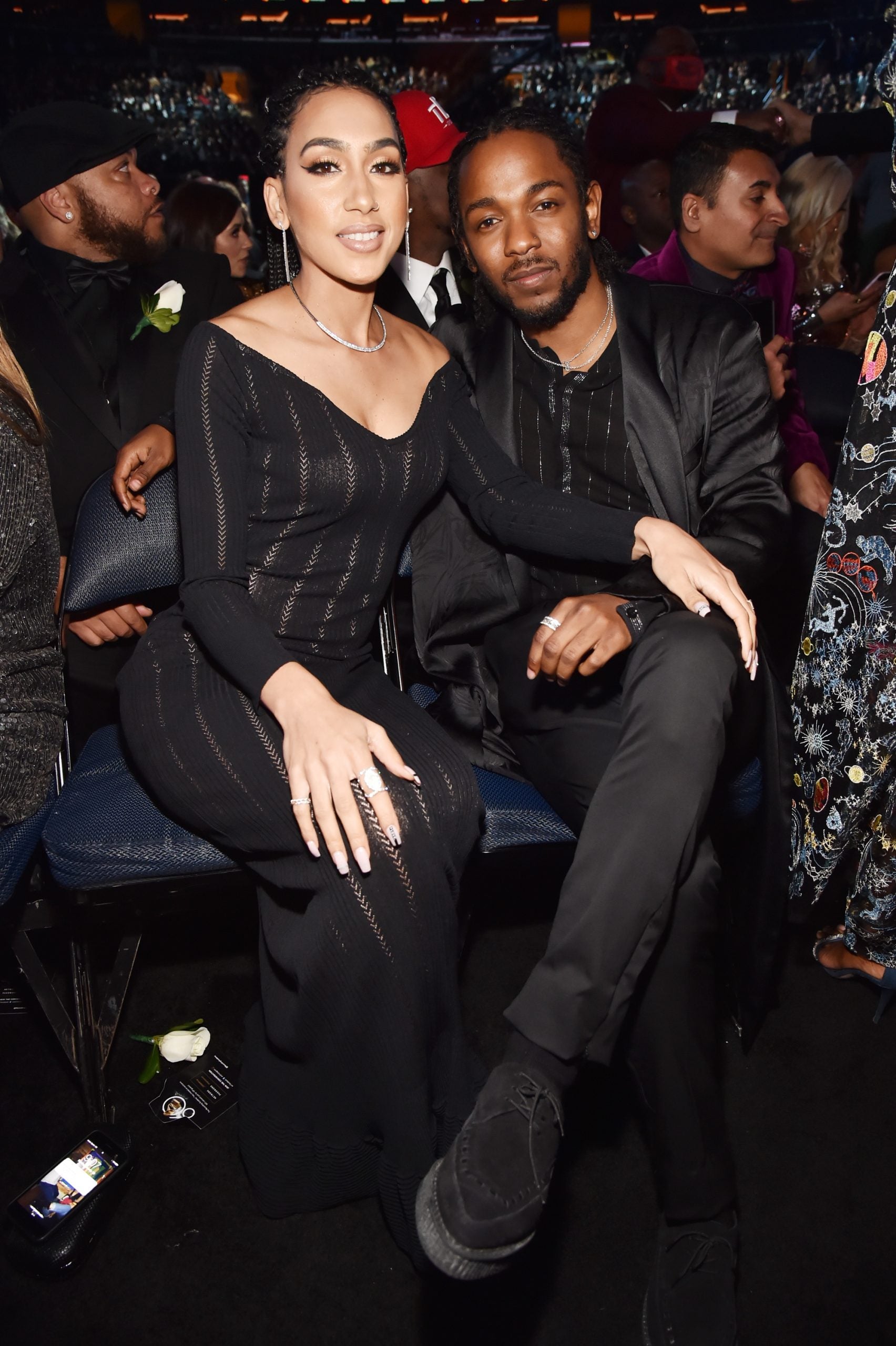



As streaming numbers skyrocket for the artists involved, the fans have their hunger for lyricism, gossip fodder, and excitement in the genre satiated, and social media, blogs, podcasts, and music journalism platforms are provided with more to discuss, debate, and rate for weeks and months ahead, these women are often permanently left with bruised reputations. But as history has shown us, these are the consistent casualties of rap’s battles.
“Some people say in war there are no rules, but you don’t cross the line where you’re disrespecting people’s family because that’s when you turn a war of words into actual beef,” Carr tells ESSENCE. “I think that something like this is great. It’s competitive and it’s good for business, both [rappers] being UMG artists. It’s making the register ring. DSPs love it. But to involve kids and involve family members and people that are innocent bystanders, I feel like that’s too far.”
“After this beef, I think it’s clear that moms, partners, kids, your health records, your record contracts — literally everybody and everything is fair game,” says Alexis. “Those wouldn’t be my rules, but that’s the game.”
But what becomes of the women whose names remain as the butt of jokes and lives left the source of speculation long after the dust settles on rap’s war grounds?
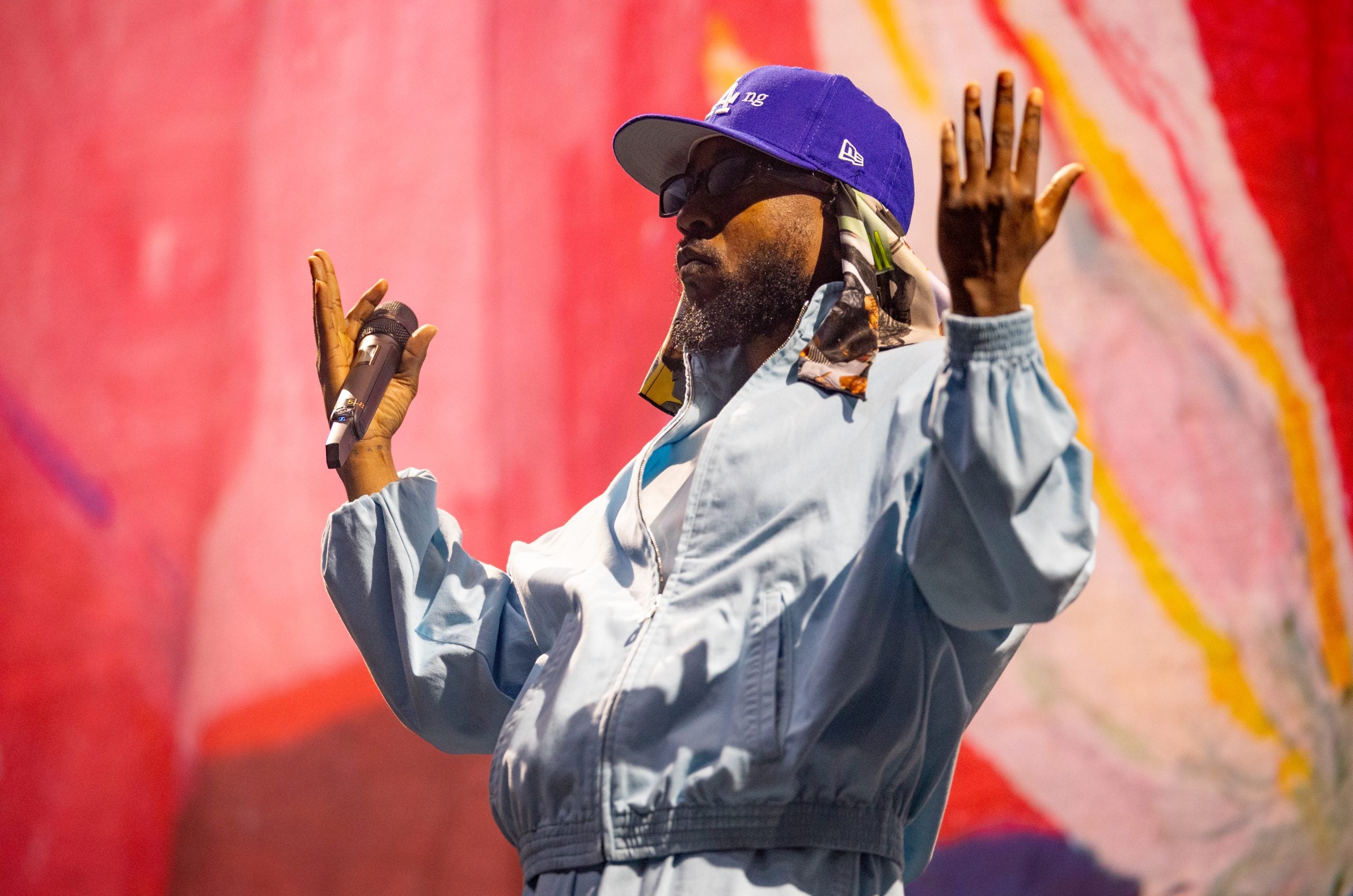



“We’ve seen Carmen Bryan go on to write books and do public appearances and figure out how to monetize her name being in the middle of the beef,” says Carr. “Faith Evans has refuted any claims made against her, but she was already in the public eye.”
“But if you’re a civilian like Kendrick’s lady Whitney, who’s just not involved in the business at all, it’s unfair to her. Now she’s got to pick up the pieces and explain this to her children and explain to her family members, and maybe even go on a public forum to try to clear her name.”
Throwing uninvolved partners into the fray becomes an even more concerning tactic when we consider the credence of what each emcee alleges. Both have presented salacious details of the other’s private lives and relationships with their partners and children, but with little to no proof of said claims. But just as the digital age has altered the speed and content of diss tracks and responses, it seems it has also shifted the burden of proof to investigative fans, if not erased it altogether.
“Unfortunately it’s become increasingly difficult to discern what is fact and what is just pure fiction for entertainment. And I think that trend will continue,” says Alexis. The new standards in Hip-Hop beef revelations seem to be quite a bit different than even 5 years ago.
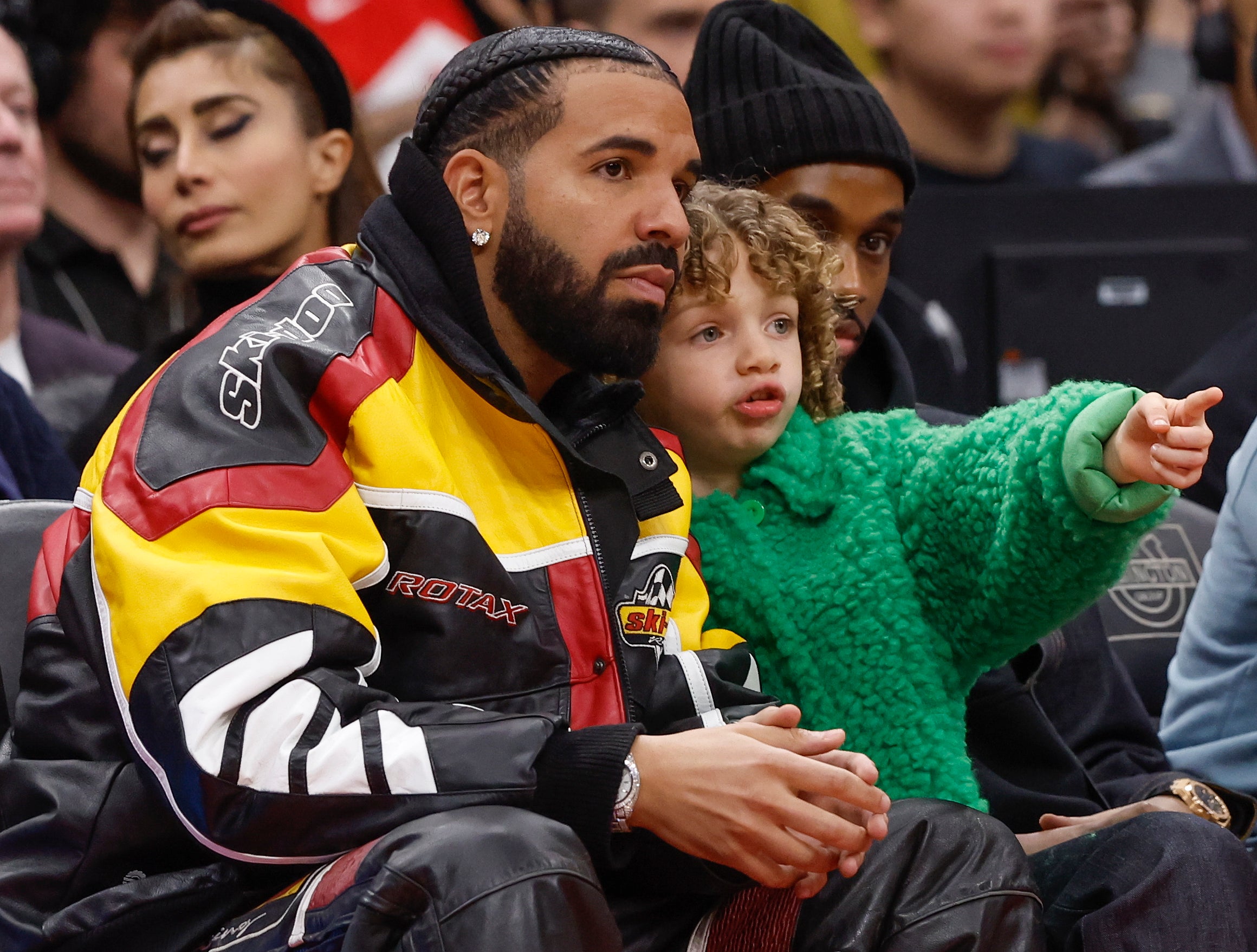



“I’m from a different era and ilk. If you said something like that, you had to have substantiating proof to go along with it,” says Carr. “Now, because of the volume of their audience and their fan base and how loud people talk on social media, they’ll really just compare what was said. I don’t think any of it has to be proven.”
“In light of that, I think fans will just use different metrics to judge these diss tracks including timing and delivery,” Alexis explains. “But trust and believe that Internet sleuths will be out here investing any and all claims made on these diss tracks. It just adds another dimension to beefs in the time of A.I. and streaming.”
Bravado and battles of skill for respect and bragging rights have been a part of Hip-Hop culture since its inception in the 1970s. But as 50 years of the genre have passed, the culture of emcees exchanging personal attacks has only become more pervasive, with the bars becoming increasingly scathing and sometimes spilling from the “wax” to the streets, ending in violence. It’s traditional at this point, but given the tragic outcomes we’ve seen in the past, is Hip-Hop beef still a necessary cornerstone of the culture?
“I can’t really say that [beefs are] ‘necessary,’ but I do think that they bring us back to the true essence and competitive spirit of Hip-Hop,” says Alexis. “Hip-hop has become a commercial phenomenon in the last couple of decades, but at the core, we do still hold some things close.”
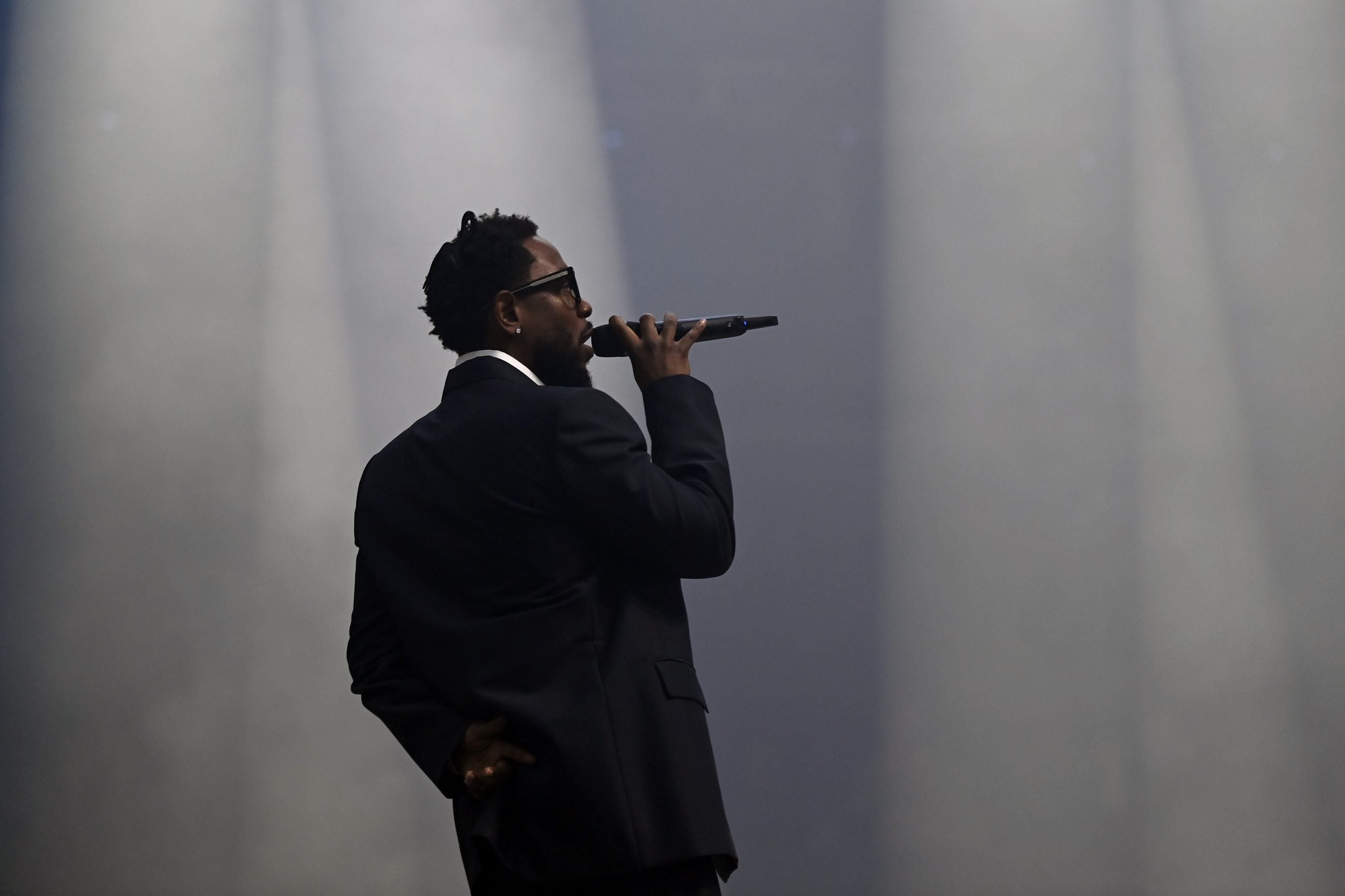



“I think that that competition makes for the best work,” Carr says. “Hip-Hop is built on that, but anything that’s going to thrive needs some type of competition there for you to push yourself to be better.”
“I think where we are in Hip-Hop now, with everyone having an opinion and a public forum to put it out on, the Drake fans are going to say, Drake got it. The Kendrick fans are going to say, Kendrick got it. Media will go with whatever makes the most sense for what they’re doing. Ultimately, there’s really no loser.”
No matter who wins or loses in the battle at hand, all wars ultimately have casualties. As barbs are traded in lyrics and reputations are tarnished in the court of public opinion, the only real losers may be the loved ones in the periphery, while the true winner is the Hip-Hop fandom. Their trophies are new cultural debates, new party anthems for the summer, and a refreshed enthusiasm for a genre of Black music that had just begun to lose its dominance on the charts.
“No marketing campaign could ever energize and invigorate the culture the way a clash like this one does,” says Alexis of this now historic rap beef. “As long as it stays in the music (and in social media comments).”
This post was originally published on this site be sure to check out more of their content.




